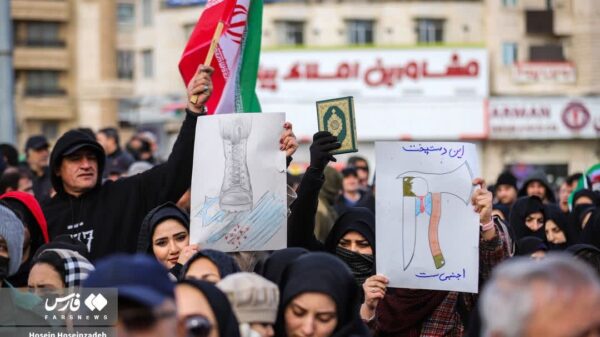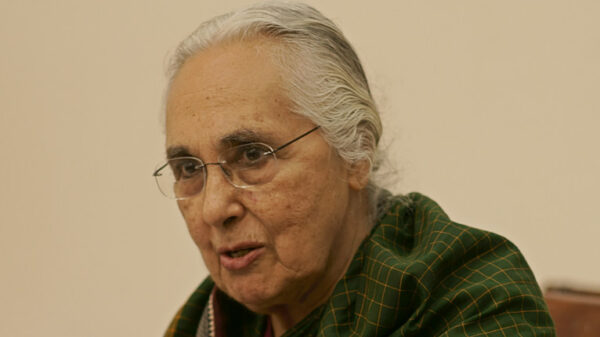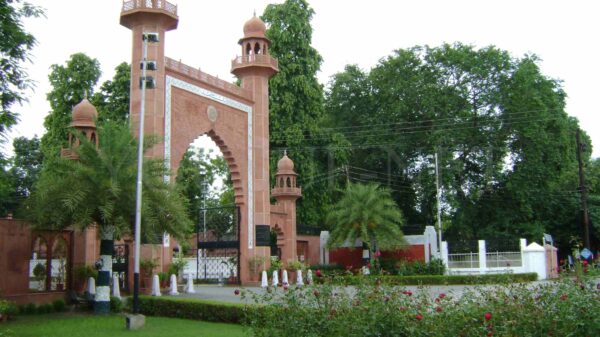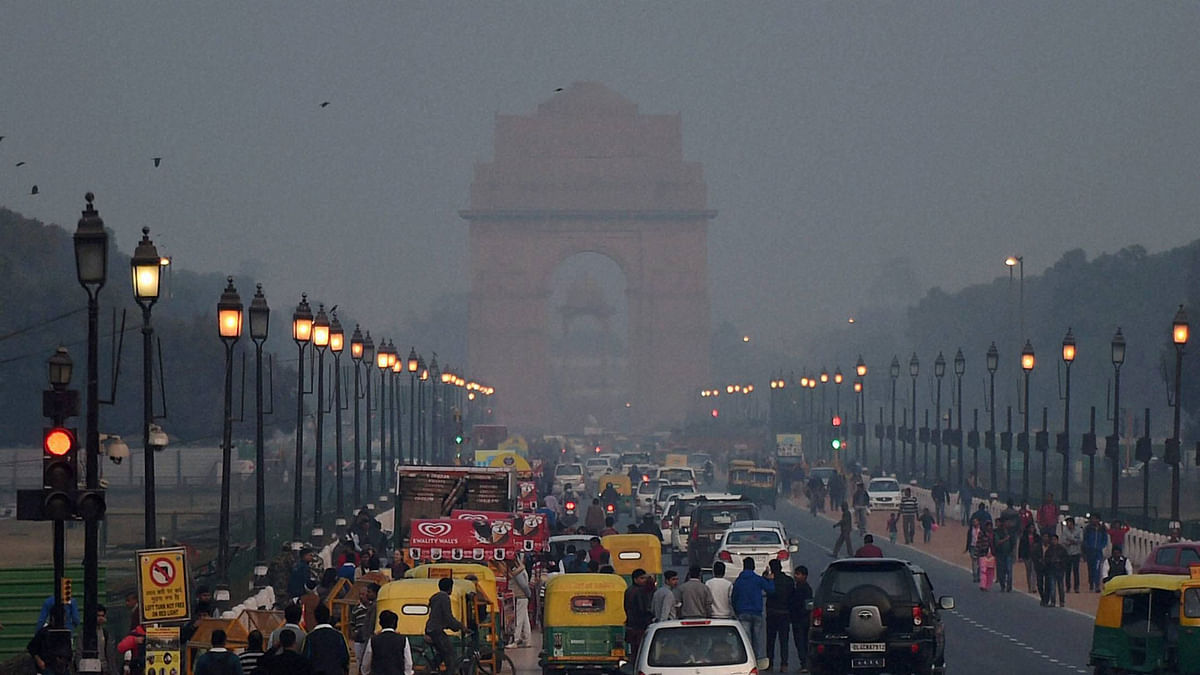India has emerged as the world’s third most polluted country in 2023. The report highlights India’s PM2.5 concentration, which stood at 54.4 micrograms per cubic meter (ug/m3), exceeding the WHO prescribed limit of 5 ug/m3 by over 10 times, according to the World Air Quality Report by the Swiss organization IQAir. The findings place India behind Bangladesh (79.9 ug/m3) and Pakistan (73.7 ug/m3) in terms of air pollution levels among 134 countries surveyed.
In 2022, India was ranked eighth most polluted country with an average PM2.5 concentration of 53.3 ug/m3.
Indian cities dominate the global list of most polluted cities, with 12 out of the top 15 cities located within the country. Begusarai in Bihar topped the list with an average PM2.5 concentration of 118.9 ug/m3, marking it as the world’s most polluted metropolitan area. Delhi, identified as the capital city with the poorest air quality for the fourth consecutive year since 2018, experienced a rise in PM2.5 levels from 89.1 ug/m3 in 2022 to 92.7 ug/m3 in 2023.
The spike in pollution levels poses health risks to the estimated 1.36 billion people living in India, as stated in the report.
The report emphasizes the impact of climate change on exacerbating air quality issues, citing extreme heat events and intensified pollen seasons as contributing factors, particularly when combined with exposure to PM2.5 pollutants.
Frank Hammes, Global CEO of IQAir, stressed the importance of access to air quality data, stating, “A clean, healthy and sustainable environment is a universal human right. Air quality data saves lives. Where air quality is reported, action is taken, and air quality improves.”
The report called for urgent action, recommending investment in clean energy generation to mitigate pollution levels. Burning fossil fuels was highlighted as one of the major contributors to air pollution. It also served as a wake-up call for cities in South Asia to address the pressing issue of air quality for the well-being of their residents.
































































